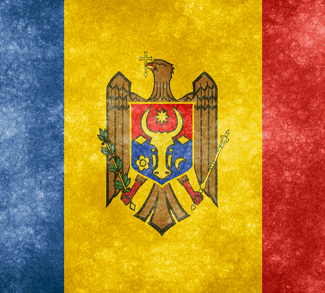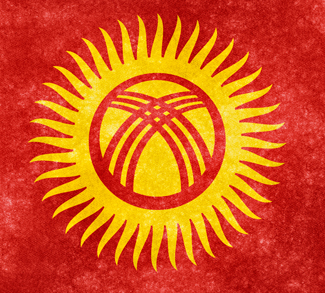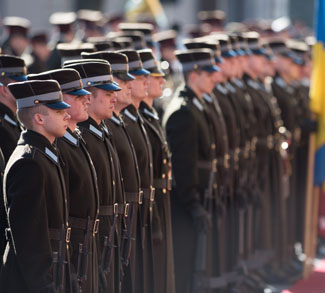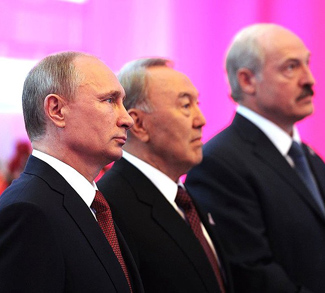Summary
Moldova looks set to lurch back into political and economic crisis ahead of scheduled elections in 2018, after the European Union (EU) cut off aid to the country’s pro-European government. The EU blocked the final tranche of loans designed to support reforms to Moldova’s justice system (worth 28 million euros), saying that it had not seen enough action from the governing coalition of Prime Minister Pavel Filip. The delivery of further aid money in the form a 100 million euro micro-financial aid package has also been delayed.
The EU maintains that Moldova needs to show progress in respecting human rights and rule of law in order to get the first tranche of that money in December.
Prime Minister Pavel Filip has said he believes that his country will receive further funding from Europe in 2018, but his government’s difficulties are music to the ears of his major rival, Moldova’s pro-Russian president, Igor Dodon. Currently President Dodon is wrestling with his country’s center-right prime minister, as well as the governing coalition’s de facto leader, Vlad Plahotniuc, over the direction of Moldova’s foreign policy. Sandwiched between the European Union and Russia, the east-west division of the continent has turned Moldova’s politics into a quagmire, one that is further deepened by the venal and self-serving nature of large portions of the country’s political class.
Background
A public trust deficit. European Union officials are not the only ones who have lost faith in Moldova’s traditional political class. Polls currently suggest that formerly dominant parties like the Liberal Party and ruling the Democratic Party of Moldova are facing devastating losses in the next election. This is caused in part by the political fallout surrounding the 2014 disappearance of $1 billion from Moldovan banks, the equivalent of 12% of the country’s GDP, which has harmed the pro-EU bloc.




